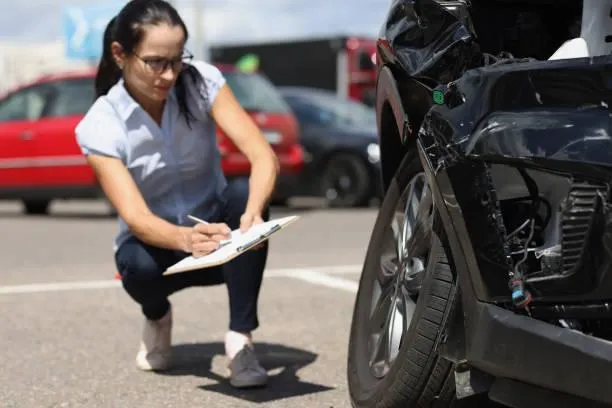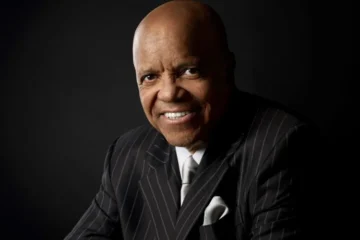A successful car accident claim in Nashville starts with proof. That proof is called evidence, and it’s what connects the dots between the accident, the injuries, and who’s at fault. Without strong evidence, the other driver’s insurance company can easily dispute your version of events or refuse to pay you fairly.
Tennessee is recorded to have had more than 5,000,000 licensed drivers back in 2021, a number that surely would have gone up. Being the most populous city in Tennessee, Nashville definitely is a major contributor to the number of registered drivers in the state. Being a major city, it surely sees a lot of local, commercial, and tourist vehicles, which means that when an accident happens, it can involve people from different states, multiple insurance companies, and even commercial policies.
That’s why, if you’re in a wreck here, having an experienced Nashville accident attorney can be a lifesaver.
What Evidence Do You Need for a Successful Car Accident Claim?
These are the evidence that is crucial in a car accident case:
Scene Documentation
Your first and best chance to collect evidence is at the accident scene itself. Police reports are one of the most important pieces – they record details like the location, time, weather conditions, vehicle positions, and statements from everyone involved.
This report can later guide your lawyer in finding witnesses or understanding the officer’s view of who was at fault. Photos matter just as much. Wide shots can show the entire intersection, while close-ups capture vehicle damage, skid marks, and anything unusual on the road, e.g., potholes or debris.
The sooner these images are taken, the more accurate they’ll be, because accident scenes can change quickly.
Eyewitness Statements
Eyewitnesses, that is, people who weren’t in your vehicle but saw what happened, can give accounts that support your story. Their testimony is powerful because it’s unbiased.
Getting their names, phone numbers, and a brief description of what they saw at the scene helps ensure that their memory can be recorded before details fade.
Medical Records
Even if your injuries seem minor right after the accident, medical records prove the connection between the crash and your condition. These documents included doctors’ notes, X-rays, MRIs, and treatment receipts.
They show not only that you were hurt, but also how serious the injuries are and what it’s costing you to recover.
Video Footage
Absolutely. Dashcam videos, store surveillance footage, and even home security cameras can show exactly what happened in the moments before and after the collision. This visual evidence can remove a lot of guesswork, making it harder for an insurance company to argue against your claim.
Employment and Income Records
If the accident kept you from working, you’ll need proof of lost wages. Pay stubs, letters from your employer, and tax returns can all show how the crash affected your ability to earn money. Without this documentation, it’s harder to recover financial losses in your claim.
Physical Evidence
Scratches, paint transfers, and broken parts from the accident can tell their own story. For example, paint from the other car on your bumper can help prove the exact point of impact.
Saving these items or at least photographing them can make a difference in how liability is determined.
Expert Witnesses
Accident reconstruction specialists, medical experts, and even economists can all be brought in to explain key points to a jury or insurance adjuster. Their testimony is often respected because it comes from professionals who analyze facts, not opinions.
Recap: Key Evidence for a Strong Car Accident Claim
- Police reports with detailed scene information
- Photos and videos capturing the accident and its surroundings
- Eyewitness statements from unbiased observers
- Medical records linking injuries to the crash
- Physical evidence, like paint transfers or broken parts
- Income and employment documentation to show lost wages
- Expert witness testimony to explain technical details



